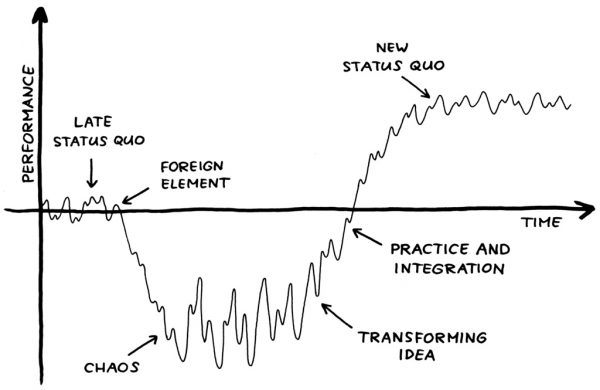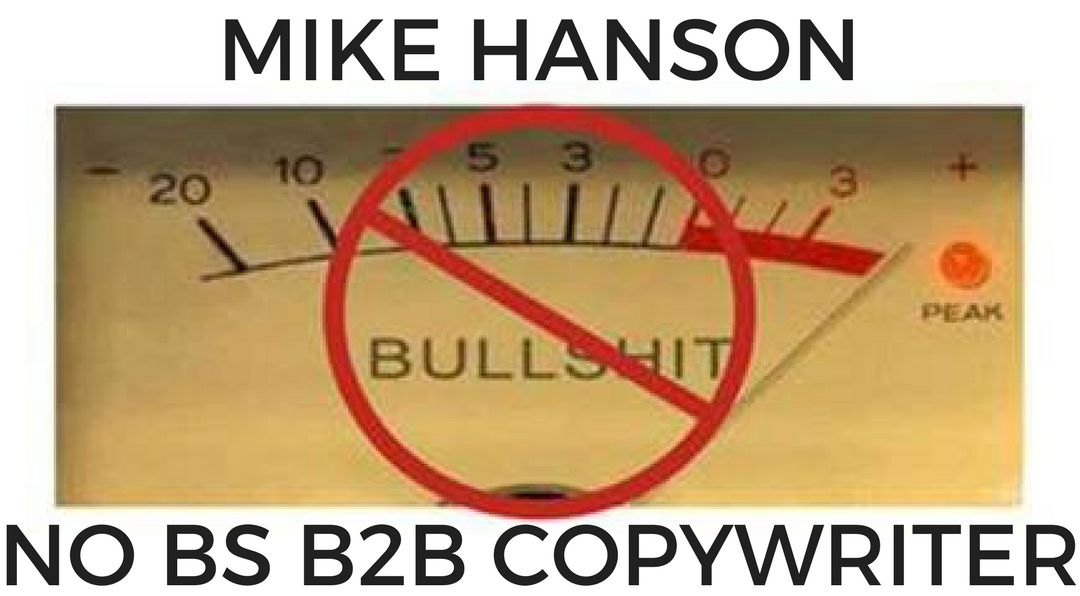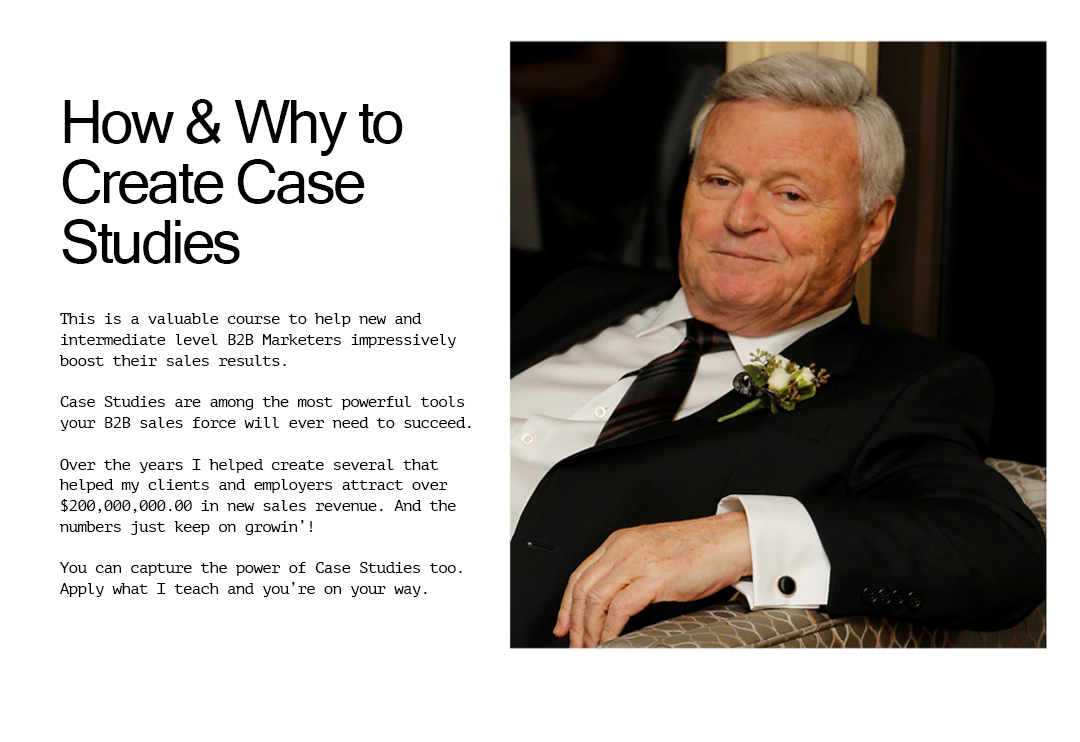How Do You Know You’ve Made The RIGHT Change?

How cliche is the “inevitability” of change? Is “chaos” an inevitable part of it?
Certainly status quo is in disrepute. Change is happening everywhere. And yes, chaos comes with it for a while.
Get over it.
So what IS “The RIGHT Change” assuming there is a “right” and “wrong”?
Depends.
As usual.
Change is hard. It can hurt. It’s exciting. Disturbing. Risky. Rewarding.
Lord grant me the serenity to accept the things I cannot change,
The courage to change the things I can,
And the wisdom to hide the bodies of the people I had to kill
Because what they wanted to change really pissed me off.
Change is necessary? Maybe. For it’s own sake? Meh.
“Disruptors” masquerading as “Change Agents” not so long ago shouted “If it ain’t broke, BREAK IT!” I’m not advocating paralysis by analysis here, but that’s embracing change with all the grace of an axe murderer. And when have their results benefited anyone?
Change is inevitable. Sure. Calling it necessary? Too easy.
Successful enterprises want productive change. Energizing and empathetic. Far-sighted and flexible. Measurable and therefore manageable. These combinations represent the environment that benefits the critical stakeholder hierarchy all flourishing cultures embrace:
- employees
- clients
- shareholders
And in that order because it truly is the success line.
This thinking says to me intelligent building processes and not just end results should drive change, The corporate aspiration should be a balanced mix of the two.
Here are SIX FUNDAMENTAL TESTS and related potential scenarios you might consider that attempt to balance both process-centred change programs and those that are results-driven:
- Process programs define improvement of the long term. (“Fiscal 2018 productivity indices will climb 7.6% yielding profit margins of 2.1%”) vs. Results-based programs are short term statements. (“Fleet sales should grow 5-7% this quarter.”)
- Process champions counsel patience and courage.(“Hang in there. You’re on the right track.”) Results advocates tend to favour near horizons. (“If we don’t see at least half the month’s forecast a couple of weeks out we should change the offer.”)
- Process programs depend on faith for much of their propulsion. (“True and total staff involvement in this enterprise will take time, but all leaders will support the vision.”) Results programs let decision-makers find independent assessments of whether or not the program is working for their group and then act on their findings.(“We’ll send two staffers to audit the course for a few sessions and then evaluate their latest work.”)
- Process programs tend not to start on real change until everyone is on the same page. (“It will be chaos here if we try working on these problems before everyone has been through the training and have a common vocabulary and tool kit.”) Results programs tend to bite off chunks that allow participants to chew on a need-to-know basis. (“In the first month we’ll test the proposed software in sales for CRM, Month two, Design will check out its interactivity facilities…”).
- Management takes certain steps in Process Programs because they are “correct” i.e. “always done”. (“I want all sales managers involved.”) Results programs are more specific. (“All Sales managers will meet together in one week and each present 3 plausible presentation ideas to the group.”)
- Process programs usually required significant up-front investment before seeing significant ROI. (“During Year 1 we’ll focus on awareness growth. Year 2: skills enhancement, Year 3: next…”) Results programs tend to be short term and require less investment, injected more often than originally planned. (“Lets try this program at Plant B where the potential for Q2 looks pretty good and then roll out company-wide by Q3 if the results are there.”)
You likely agree both programs play an essential part in real change.One without the other in balance will likely short change the right changes. Or render them still born. A challenge every time. And imbalance is tragic either way.
So here’s An Ultimate Test...
Finding proof of real change and documenting a legitimately new initiative dates back eons, maybe longer. Not quite that long ago, when I belonged to Rotary International I learned and remain impressed with their “FOUR WAY TEST”.
Assess the outcome of any proposed change against these four questions:
- Is it the truth?
- Is it fair to all concerned?
- Will it build goodwill and better relationships?
- Will it be beneficial to all concerned?
If the answer all four times is “Yes!” what ever happens next will likely be the right change.
By Mike Hanson
The NO BS B2B Copywriter
cel/text: (416) 200-2430
with thanks to Virginia Satir & Jurgen Appello

